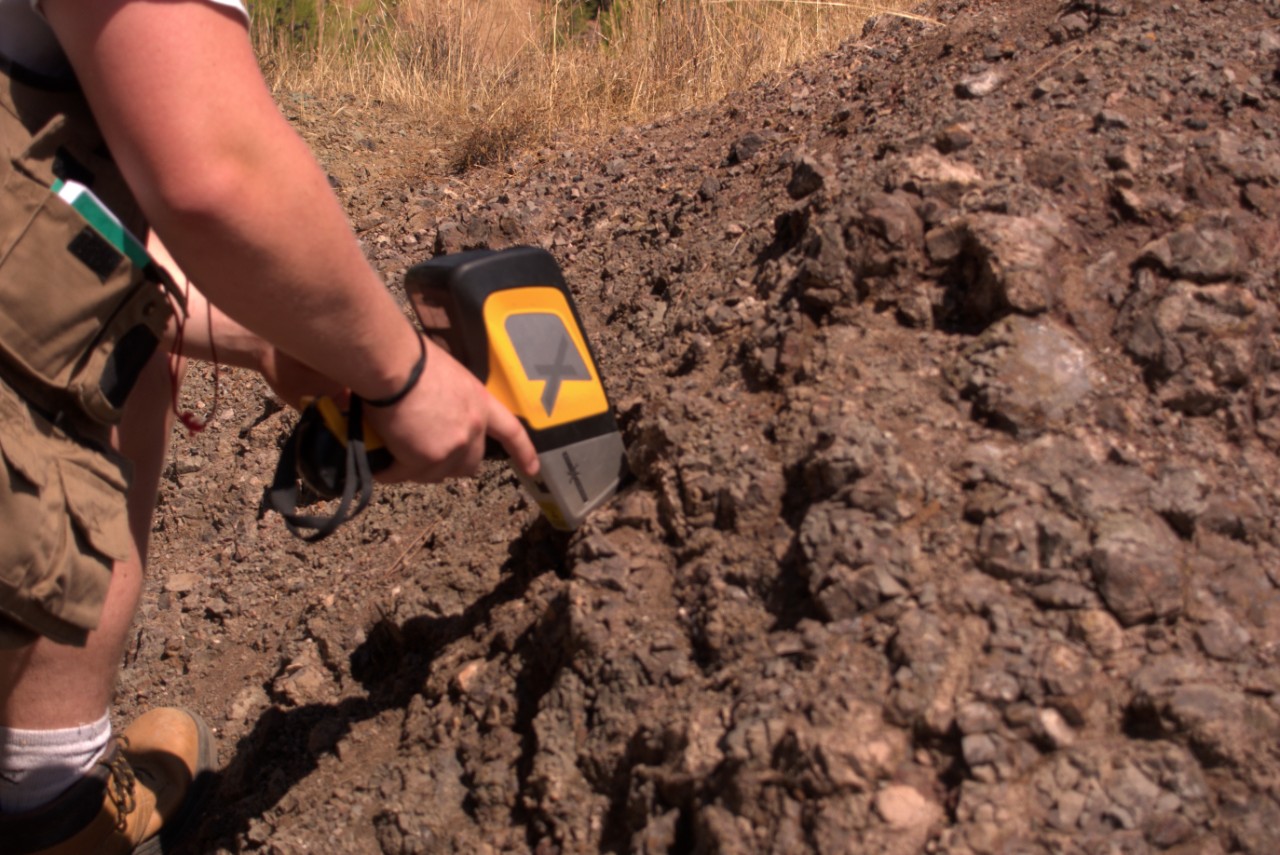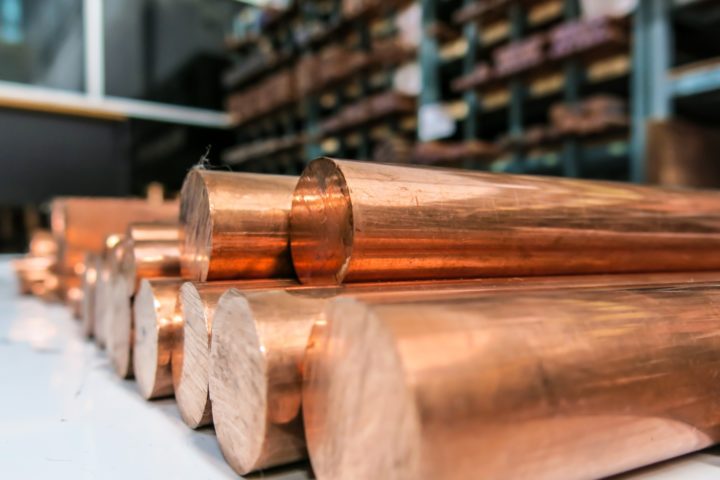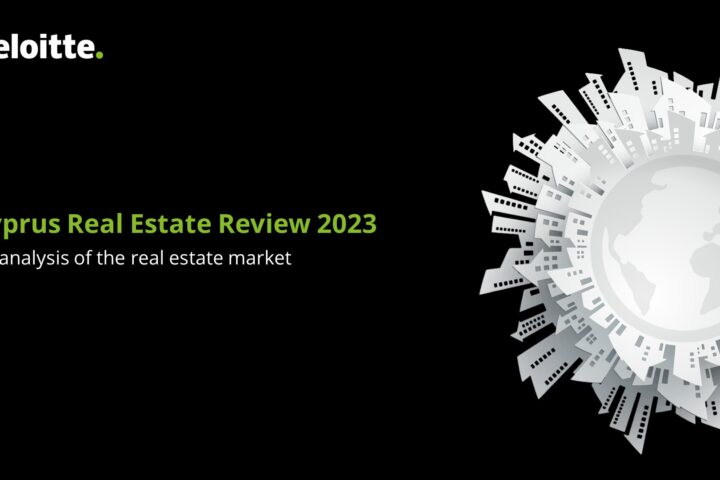By Peter van der Borgh
Over the past quarter-century, mining has changed dramatically, due to ever-changing technology, improved regulations, and better working conditions.
The roots of modern mining in Cyprus, which was once, during antiquity, the biggest centre of copper production and trade, can be traced back to the 1920s with more than 74 million tonnes of massive sulphide ore extracted from about 30 deposits in the following 50 years.
The period between 1950 and 1970 is seen as the “golden age” of the island’s mining industry when mineral exports comprised approximately 50% of total exports.
Exploration and mining activity waned following the events of 1974.
But more recently, state-of-the-art exploration, mining and processing methods have been introduced, engineered to minimise environmental impact and maximise resource efficiency.
Cyprus has excellent infrastructure to support exploration and mining operations.
The country is in a position to benefit from the growing demand for copper, which is driven by the green revolution.
Copper is at the core of the technological revolution and the quest to tackle climate change because it possesses the best thermal- and electrical-conductive properties out of any commercial metal.
What is more, the Covid-19 pandemic has highlighted the anti-microbial properties of copper, opening up new opportunities for its usage across a range of healthcare settings.
There are signs of substantial untapped deposits across the island and if one considers the duration of the exploration period and the life-cycle of a project, mining is a long-term employer and investor.
Hence, its sustainable development can have a positive effect on the country’s economy, by creating new employment opportunities, generating tax revenue, transferable skills and infrastructure.
The fact that the exploration process may take some time to be completed, and the subsequent operating life of a successful mine can last decades, is indicative of the long-term investment required.
The industry now works based on the entire life-cycle of a mine.
This begins with exploration, continues through production, and ends with closure and land rehabilitation.
New technologies have benefitted the mining industry in all the stages of this life-cycle, while their sustainable use is a crucial factor for success.
“Modern mineral exploration has been largely driven by technology, data analysis is critical to understand the geological history of ore formation and assess mineral deposits before proceeding with mining.
Venus Minerals has assembled an extensive geoscientific database across Cyprus, representing more than €100 mln of activity at today’s prices.
This has enabled the company to secure tenure over prime mining and exploration licenses in the most prospective areas of the country.
“After a mineral deposit has been identified through exploration, the industry must make a significant investment in mine development before production begins.
To discover and assess all these factors, it is essential to first explore the selected projects by running various soil tests, test drillings, ground and mineralization modelling as well as scoping and optimization studies.
To this end, Venus Minerals uses game-changing technology and innovation, which is aligned with its overall business strategy.
Responsible mining
Advanced technology has minimized environmental footprints and accelerated rehabilitation.
Land rehabilitation is fundamental to responsible mining.
Land rehabilitation technology has advanced to a high level, while today, it is highly-regulated, better implemented and more accountable than ever before”.
According to state procedures, before any action takes place, companies operating in the mining industry are required to obtain exploration and mining permits from the relevant authorities.
Furthermore, at the appropriate stage, an environmental impact assessment study must also be conducted, which must include a rehabilitation plan.
It is worth noting that various government departments are constantly monitoring the effects of mining activity including noise pollution water and air quality.
Given that Cyprus is an EU member state, mining companies are required to comply with all relevant EU regulations, among the strictest in the world.
Companies need to embrace transformation to ensure a sustainable future.
Technology drives the sector’s transformation since advancements can greatly enhance productivity and safety in mining while the industry can become a significant contributor to the Cyprus economy.
In an era where rapid technological advancements are constantly shaping the future of mining, innovations and particularly, artificial intelligence, robotics, remote operations, machine learning and automation, will revolutionize the way contemporary exploration and mining is conducted while it will also help the industry overcome key challenges.
The writer is an exploration geologist, managing director of Venus Minerals










